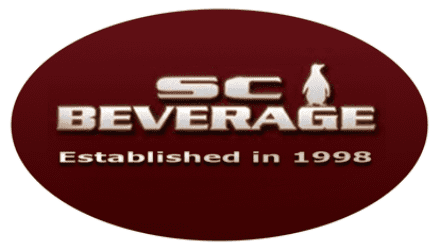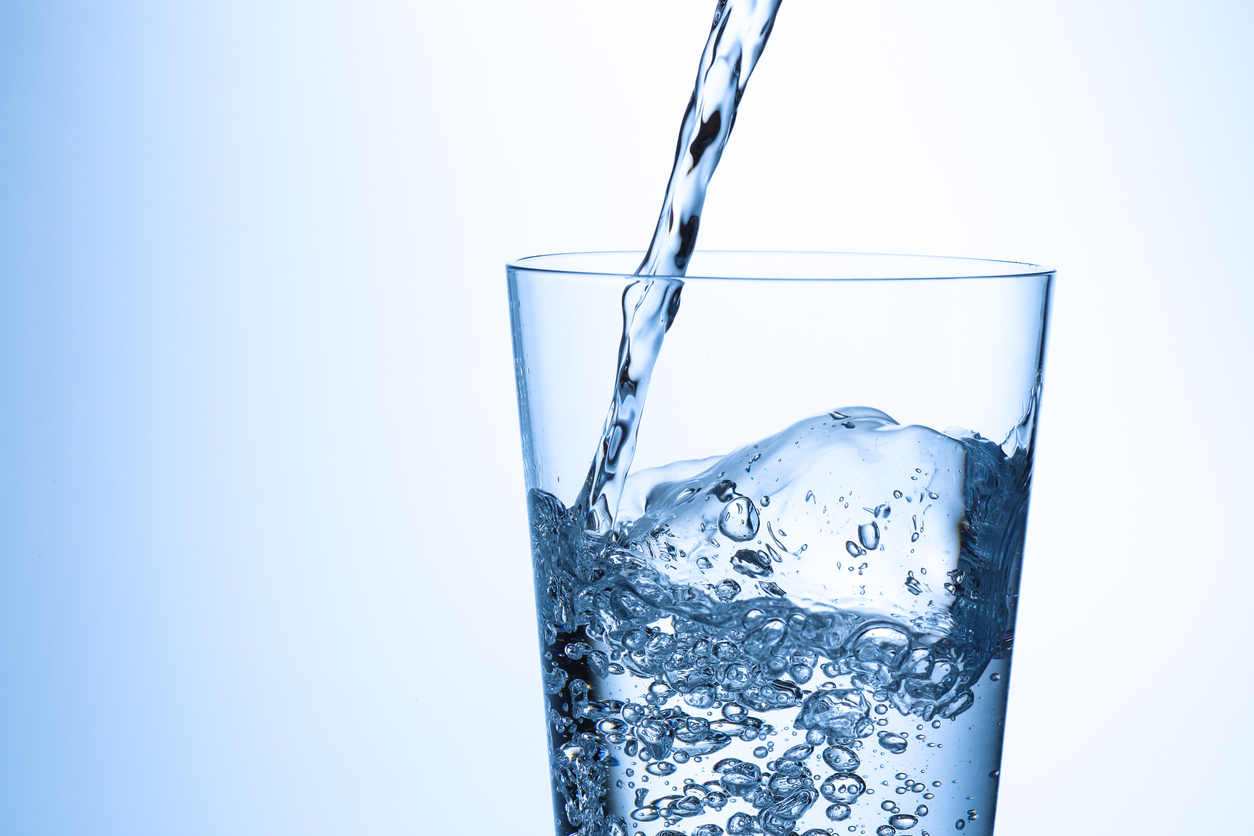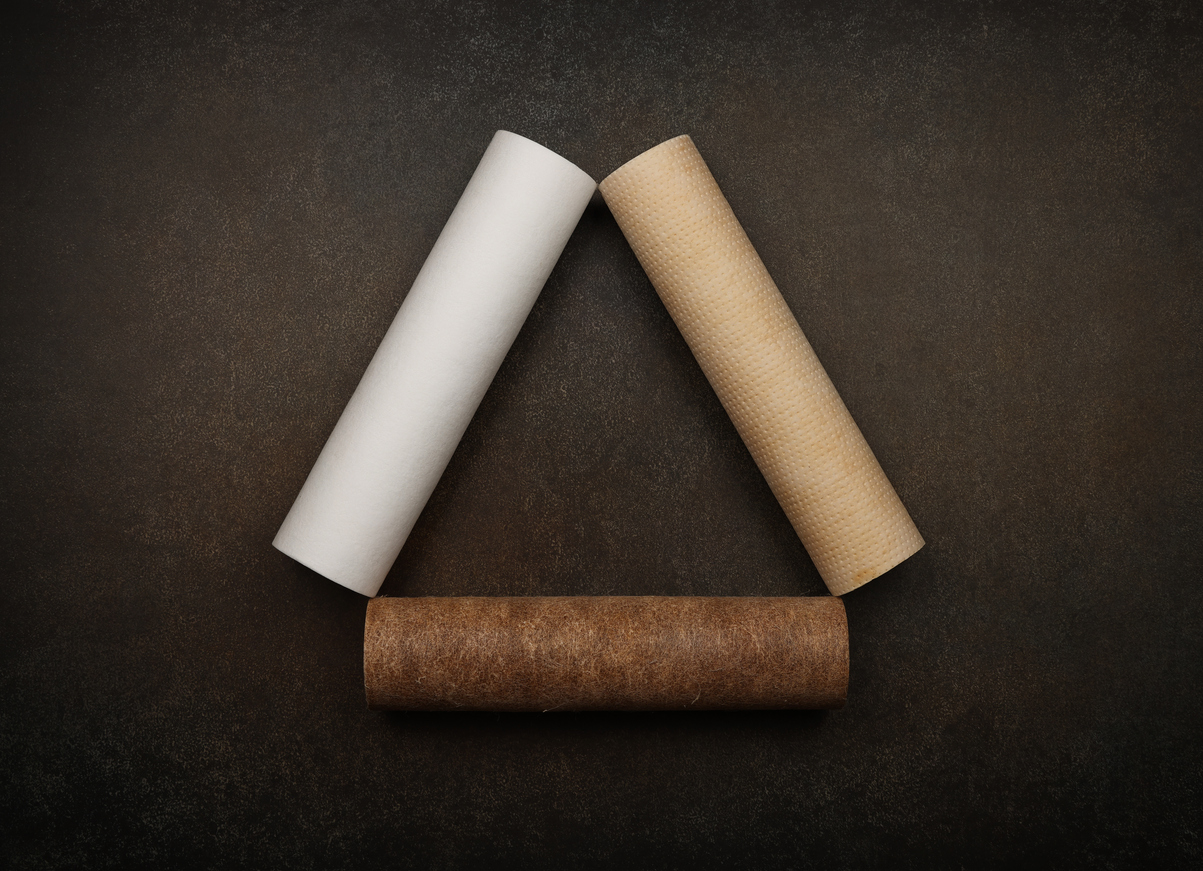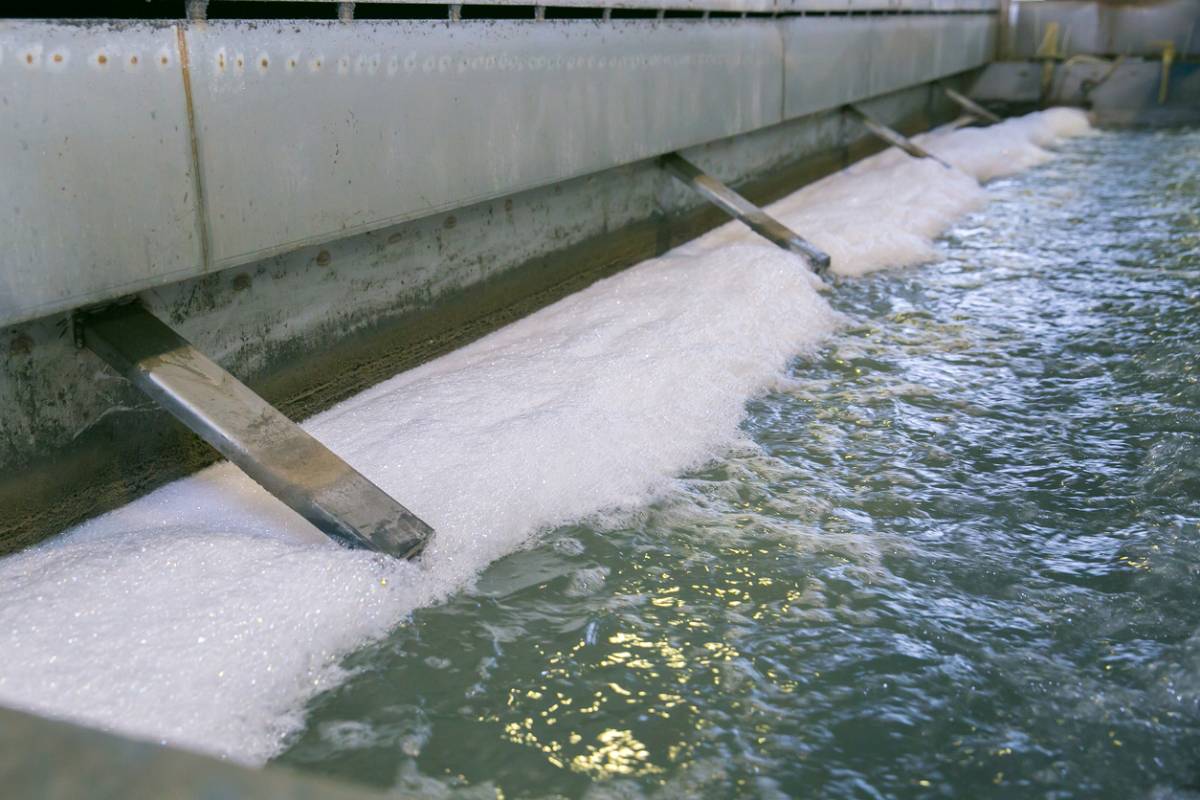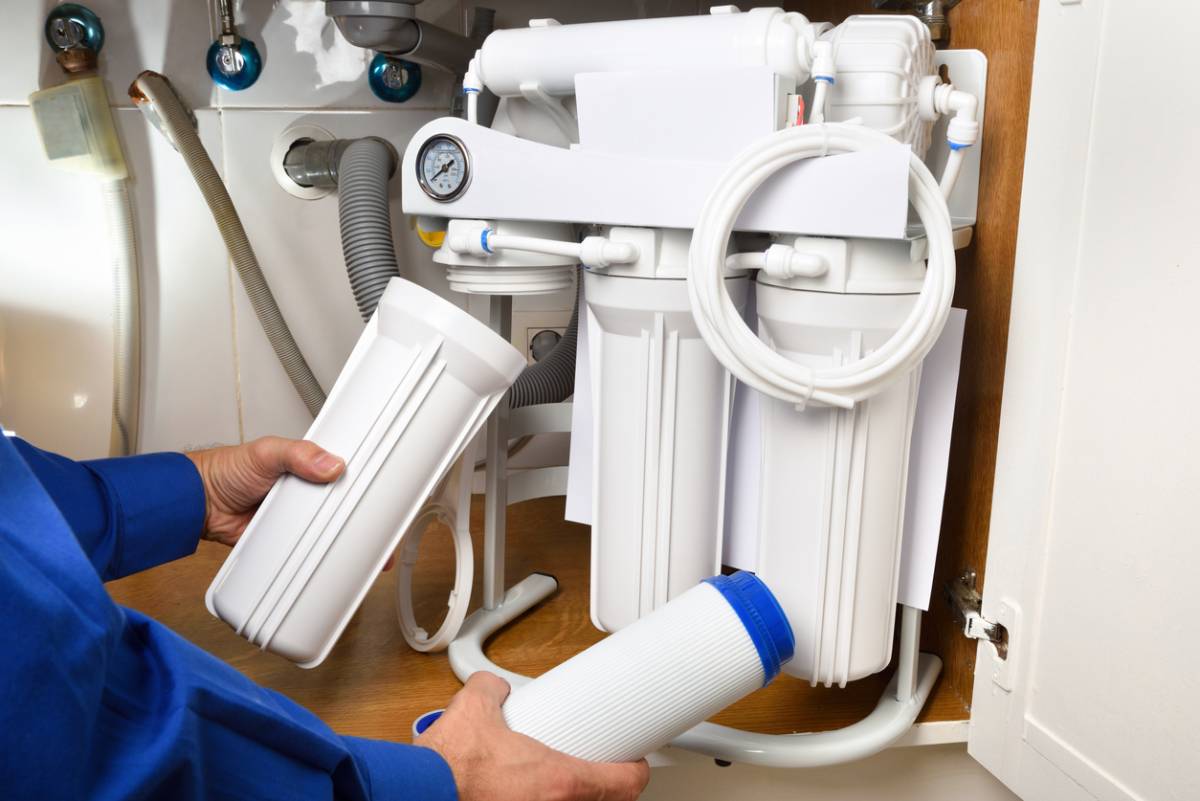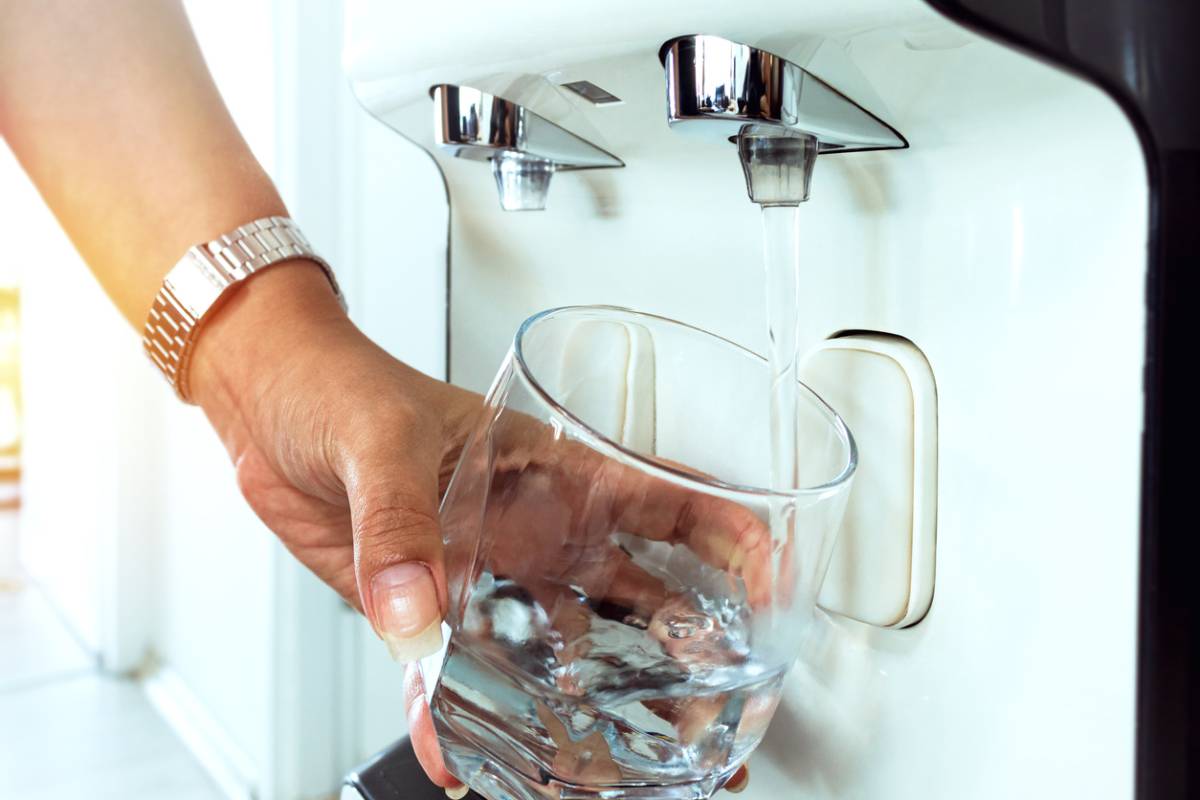Water filters play a critical role in making sure you have clean and safe drinking water. Whether you are using them for your home faucet, refrigerator, or soda systems, it is vital to ensure that they are properly maintained because they can cause significant problems if they are not. In fact, neglected water filters can become breeding grounds for molds and other harmful organisms. Molds in your filter will not only compromise the quality of your water but also expose you to health risks. If you are wondering how to prevent mold in your water filter, this blog will give you the answer you are looking for.
How to Prevent Mold in Your Water Filter
Mold thrives in dark and damp places. This means that water filters are a prime target. Filter cartridges, housing, and other places exposed to moisture are likely places for mold to develop. They can become a widespread problem if they are left unchecked because they can affect your filter’s performance, contaminate your drinking water, and expose you to health risks. Mold growth can be due to:
– Infrequent Cleaning: Dirt, debris, and stagnant water can lead to mold growth.
– High Humidity Levels: Molds also thrive in warm and humid climates.
– Overdue Filter Replacement: Filters have recommended lifespans. If they are used beyond their lifespans, it can lead to clogged, moist environments that are ideal conditions for molds to thrive.
Tips to Help You Prevent Molds from Growing in Your Water Filter
Choose the Right Filter
Look for a water filter that is designed to fit your water quality and usage. Some filters are more appropriate for high-humidity environments, while some may have antimicrobial properties that inhibit the growth of molds. Be it a commercial water filter or a residential one, purchasing the right filter is the best first step toward maintaining a mold-free system.
Replace the Filter on Schedule
Filter manufacturers recommend filter replacement intervals for filter cartridges. Ignoring these guidelines may lead to reduced performance of your system and mold growth. To ensure you are able to follow the manufacturer’s recommendations, mark your calendar and set reminders on your phone to change the filter according to the instructions.
Regular Cleaning Is Essential
Cleaning the filter system will help prevent the buildup of molds and will help maximize the lifespan of your system.
– Disassemble and Wash: Remove all the parts that you can remove and wash them with warm, soapy water.
– Sanitize to Kill Mold Spores: Add 1 part of vinegar to 3 parts of water. Use this to sanitize your filter system. You may also use a mild bleach solution. Just be sure to rinse thoroughly until there are no more chemical residues.
– Dry Thoroughly: Prevent moisture from lingering by ensuring that all parts are completely dry before reassembling the system.
Maintain Proper Airflow
Install your water filter station where there is good ventilation. It is important to know that humidity is trapped when there is poor airflow, and this will encourage mold growth. Make sure the filter is in a cool, dry area, away from direct sunlight or sources of heat.
Avoid Water Stagnation
Molds love stagnant water. To avoid this, you should regularly use your filtered water to keep it flowing. Also, be sure not to allow water to sit in the system for extended periods.
Monitor and Test Your Water
Regularly observe the quality of your filtered water. Check for changes in smell, taste, and appearance. Is your water cloudy? Does it have a musty odor? If the answer is yes, you may have a problem. A water testing kit will allow you to determine if your water is contaminated, identify contaminants, and confirm if there is mold in your filter.
Upgrade to Advanced Systems
Modern filter systems are a good investment because they often come with mold-resistant features. Some water filter models have UV sterilization or advanced antimicrobial coatings that allow you to eliminate molds before they become a concern.
Take the Right Step Toward Better Filtration Today
Preventing molds in your water filter might be a tedious process, but it is essential for the health of everyone who drinks your water. Regular maintenance, timely replacements, and proper care are needed to safeguard your water quality and ensure peace of mind.
If you are thinking of installing a new commercial water filter system, please contact us. We will be glad to talk to you about your filtering needs.
